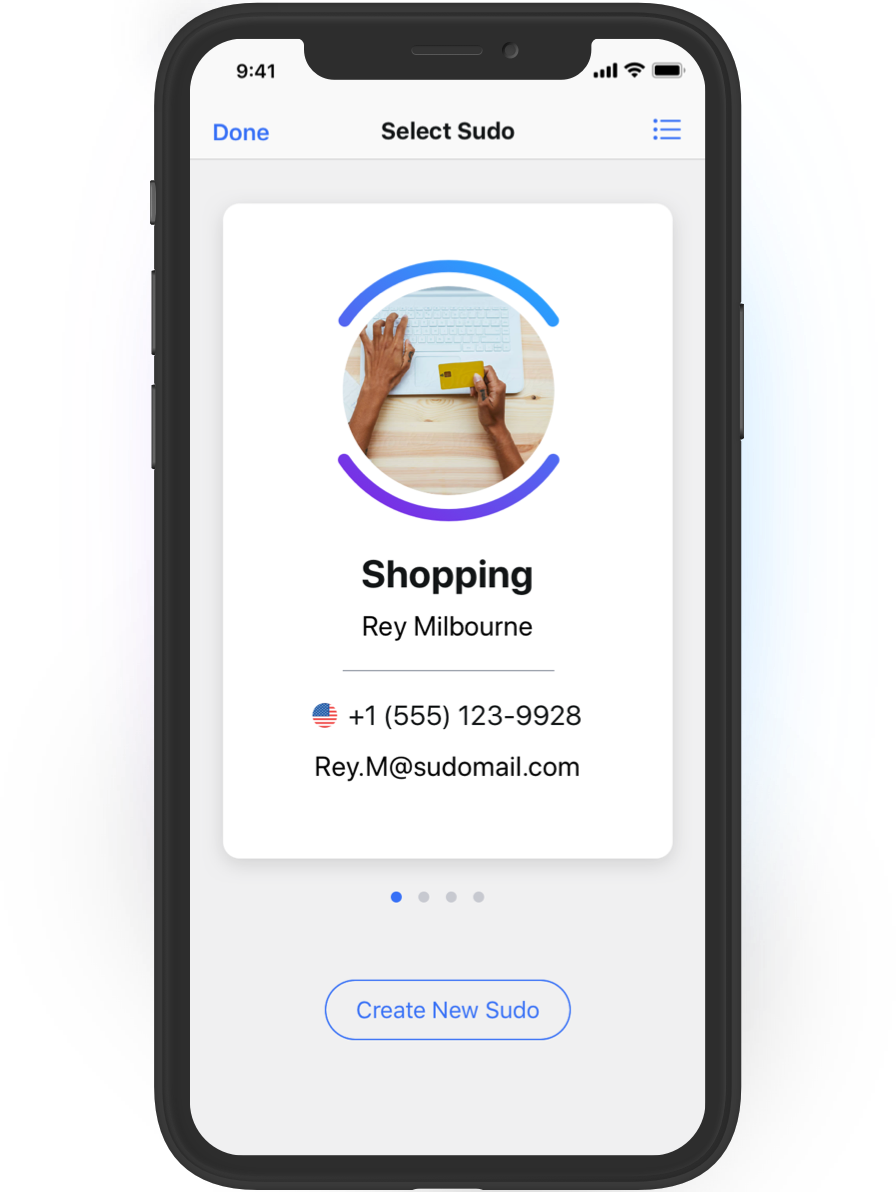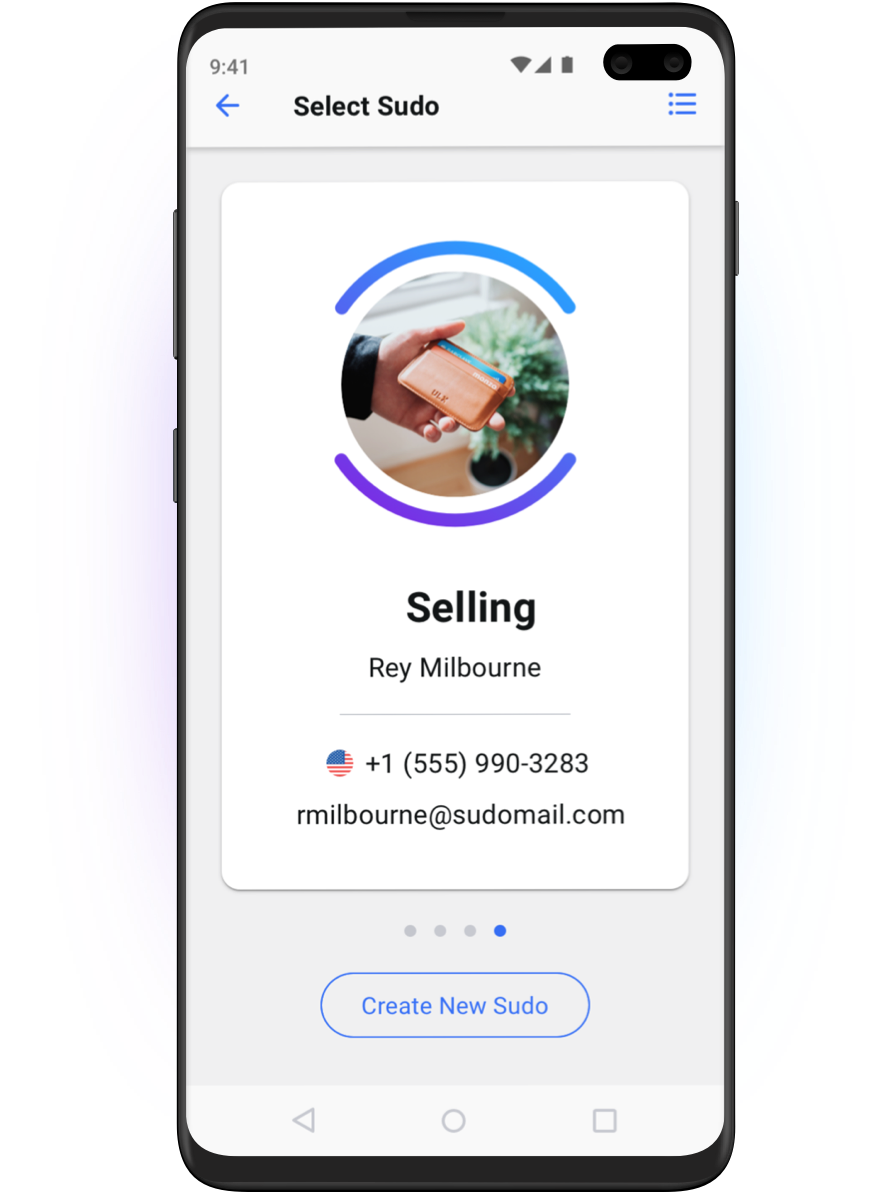This April Fool’s Day don’t fall for privacy apps that collect your personal information.
Your privacy is no joke. If a privacy app wants your name, phone number, date of birth or other information, it’s not really private, is it?
We’re really talking about the big “privacy apps” here, such as Signal, Telegram, and WhatsApp. Signal and Telegram ask for your personal phone number to sign up for an account and they display that number to people you’re calling or messaging.
WhatsApp, of course, goes much further. You might remember the global furore when WhatsApp, owned by Meta, wanted to update its privacy policy? That revealed that, while WhatsApp can’t see the content of your messages, they collect and share loads of other personal information and metadata. For instance, WhatsApp can tell Meta who you’re messaging, when and from where. It can also share account information including your personal phone number, information about for how long and how often you use WhatsApp, your device identifiers, IP address, transaction and payment data, and much more. Read this detailed breakdown of everything in a user’s WhatsApp data report.
So, where does that leave you? The all-in-one privacy app, MySudo.
In our recent article on the 2 things MySudo does differently from most other apps, we told you that:
- We don’t ask for your personally identifiable information, like email address or phone number, to create an account. Instead, your account will be protected by an authentication and encryption key that never leaves your device.
- We never require registration login or a password to access the app. You can simply access your Sudo digital profiles straight from the MySudo app on your smartphone. The only time we’ll ask for your personal information is if you opt-in to use our virtual cards feature because we must do a one-time verification of your identity by law. Find out more.
What’s more, we don’t track your browsing history using the MySudo private browsers. Each private browser (you can have up to 9 in the app), are ad and tracker free by default. This means we block all the browser cookies that web sites use to track your online activity and send you customized ads. We leave only those cookies that sites need to function (e.g. to keep items you’ve selected in your shopping cart).
Another huge benefit of MySudo is that Signal and Telegram are private instant messaging apps, whereas MySudo is a complete privacy toolkit – the all-in-one privacy app that lets you speak privately, browse privately and pay privately. You could use a MySudo phone number to sign up for Signal or Telegram and then get all the extra privacy features of MySudo.
This April Fool’s Day, think twice about where you’re putting your personal information, so the joke’s not on you. Read this good advice from the Federal Trade Commission about how to protect your privacy on apps.







